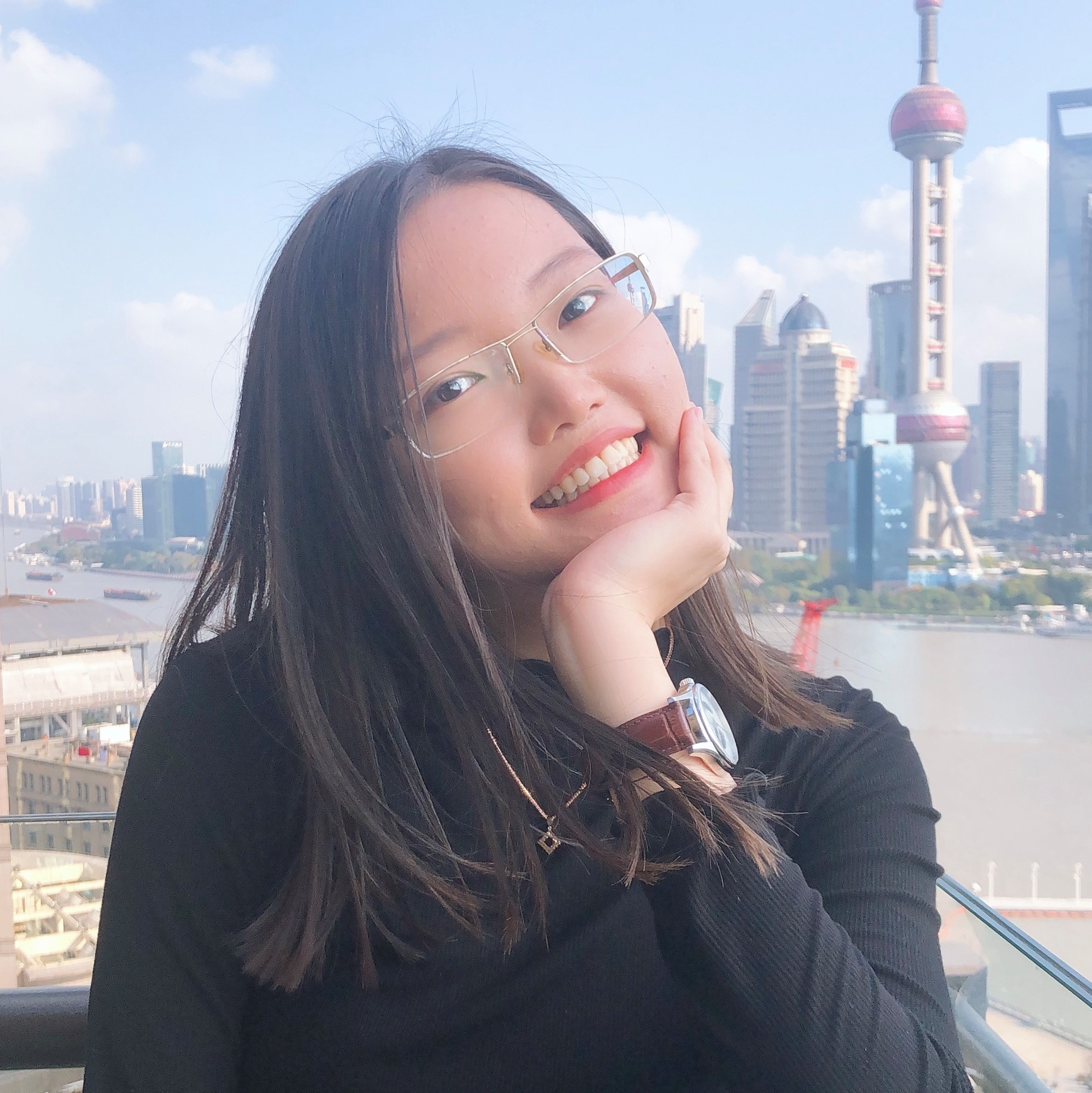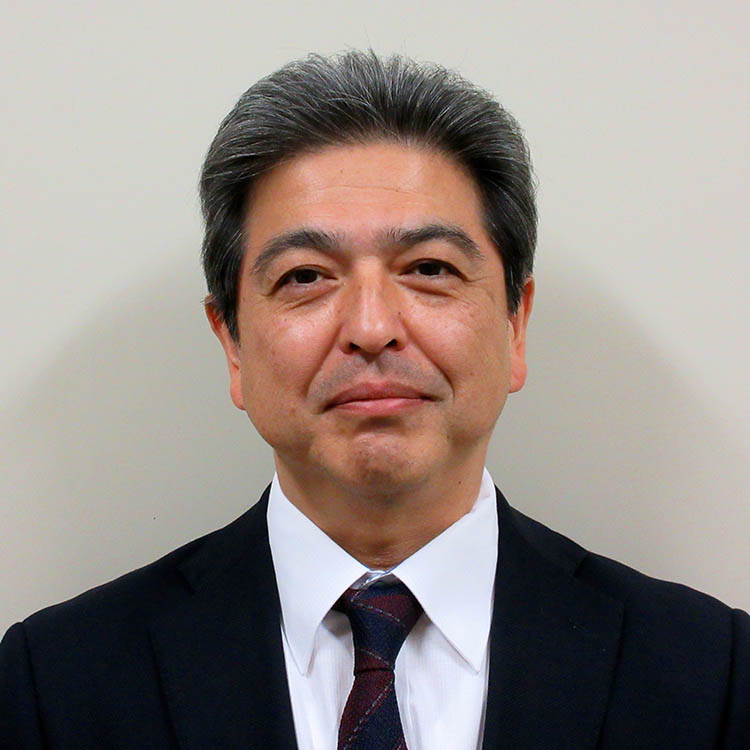
公衆衛生学専攻
医療倫理学分野
趙 哲毓
2022.05.30
大学院説明会
特設ウェブサイト
We welcome people with a strong awareness of Biomedical ethics,
regardless of your background.

今までの四半世紀を超える間に、終末期医療における多様な問題の倫理、自己決定とインフォームド・コンセント、研究倫理に関する関係者の認識、医療倫理学教育の実態・問題点および理想、臨床倫理コンサルテーション活動を中心にした日常診療でのさまざまな倫理ジレンマ、医療における信頼と不信、HIV診療におけるプライバシー、『こうのとりのゆりかご』開設の妥当性、プラシーボ臨床使用、脳死臓器移植法改正、ポリファーマシー、医療乱用、医療器具の再利用などに関する時事倫理問題、『おくりびと』などの映画作品や『海と毒薬』などの小説を対象にした医療人文学領域研究をさまざまな方法論を用いて行ってきました。最近は人工知能に関わる倫理やSF小説に描かれる健康ディストピアの問題も考察しています。今後も臨床倫理、研究倫理、公衆衛生倫理、医のプロフェッショナリズムに関する研究、医療人文学に関する研究、さまざまな現場での倫理コンサルテーションに関する研究、そして時事倫理問題に関する考察を続け、これからの日本の医療倫理学の発展に貢献したいと思っています。バラバラのテーマを追っているようですが、自分の人生のその場その時に疑問を持ったことを追求するという一貫したスタイルで研究を続けてきました。医療や生命科学に関わる倫理的懸念は尽きることはありません。
Over the past quarter of a century, I have been researching using a variety of methodologies on various current ethical issues; ethics of diverse issues in end-of-life care, self-determination and informed consent, stakeholder perceptions of research ethics, the realities, problems and ideals of medical ethics education, various ethical dilemmas in daily practice with a focus on clinical ethics consultation activities, trust and distrust in medical treatment, privacy in HIV treatment, the appropriateness of opening KOUNOTORI’s Cradle (baby hatch), clinical use of placebos, amendments to the brain-dead organ transplant law, polypharmacy, medical abuse, reuse of medical devices, and other current ethical issues, as well as on medical humanities based on film works such as “Departure” and novels such as “The Sea and Poison”.
Recently, I have been considering issues of ethics related to artificial intelligence and health dystopias depicted in science fiction novels. I hope to continue my research on clinical ethics, research ethics, public health ethics, medical professionalism, medical humanities, ethics consultation in various settings, and reflections on current ethical issues to contribute to the future development of medical ethics in Japan. Although it may seem that I have followed disparate topics, I have continued my research with a consistent style of pursuing the questions I have had at each moment in my life. There is no end to the ethical concerns involved in medicine and life sciences.
教員は教授、准教授、助教の三名で構成されています。私は医療倫理学を専門とする一般内科医師ですが、他の教員は哲学・倫理学をバックグラウンドにしています。彼らの主たる研究テーマは公衆衛生倫理、健康政策、自己決定、生殖補助医療、倫理理論、臨床哲学などです。医療倫理学分野は実験や複雑なデータ解析を行う分野ではありません。論文や書籍、芸術作品を対象に世の中の倫理・法・社会的問題を深く考察するところなので、分野内には書籍と雑誌と視聴覚資料で溢れています。理系というよりはむしろ文系的雰囲気でしょうか。教員は全員、医学系研究科、東北大学病院を含めた多くの倫理委員会委員や臨床倫理コンサルタントを務めているため、研究倫理と臨床倫理に関する議論を常に交わしています。現在、博士課程院生は3名で、皆医療関係者です。修士課程院生は現在1名でコミュニケーション学を背景としています。院生はそれぞれ各自で研究テーマを見つけ、医療社会学的手法を用いて研究を進めています。定期的に研究会合を持ち、他に必要に応じて教員がメンタリングを行います。本年度は海外からも研究生が参加する予定です。基礎修練の時期には学部生が例年4名程度在室するので、とてもにぎやかになります。
Our department consists of three faculty members: a professor, an associate professor, and an assistant professor. I am a general physician specializing in medical ethics, while the other faculty members have a background in philosophy and ethics. Their primary research interests include public health ethics, health policy, self-determination, assisted reproductive medicine, ethical theory, and clinical philosophy. The field of medical ethics is not a field of experimentation or complex data analysis. It’s a field that considers in-depth ethical, legal, and social issues in the world through articles, books, and works of art, so our department is full of books, journals, and audiovisual materials. The atmosphere of the department is more likely that of the humanities field rather than a science-oriented one. All faculty members serve on a number of ethics committees and clinical ethics consultants, including those at the Graduate School of Medicine and the Tohoku University Hospital, so we are constantly engaged in discussions about research and clinical ethics. We currently have three PhD students, all of whom are in the medical profession and one master student with a background in communication studies. Each student is working on his or her own research topic, using medical sociological methods. We have regular research meetings and faculty members provide mentoring as needed. This year, research students from abroad are scheduled to participate. During the basic medical training period, there are usually about four undergraduate students in our laboratory, so it becomes very lively.
学生さんの背景に関係なく、医療や生命科学に関係する倫理・法・社会問題を、人生の一定期間腰を据えて、一度立ち止まって考えたいという人なら、どんな方でも歓迎です。経歴も学問的背景も問いません。現在、医療倫理学分野では修士課程の特別コースとして『医療倫理・公衆衛生倫理指導者養成コース』を提供しています。「臨床倫理演習」、「研究倫理実践論」、「倫理学・生命倫理学概論」、「記述倫理・実証研究入門」、「公衆衛生倫理概論」、「医療倫理学Ⅱ(医療人文学)」などがあり、修士課程で本コースを選ぶと現代の生命・医療倫理学の全体像と研究方法を学ぶことができ、実際の倫理審査も体験することができますので、生命倫理や医療倫理に興味のある方はぜひどうぞ。詳細についてお知りになりたい方はご連絡ください。医療倫理学の必要性に対する社会的認識は高まっていますが、実質的活動はまだ不十分で人材は不足しています。問題意識と意欲にあふれた方の参加を待っています。
Regardless of your background as a student, we welcome any person who is willing to sit down and pause for a period of time in your life to think about ethical, legal, and social issues related to medicine and life sciences. Any career or academic background is welcome. At present, the Department of Medical Ethics offers a special master’s course “Medical Ethics and Public Health Ethics Instructor Training Course”. There are several course subjects such as “Clinical Ethics Exercise”, “Practical Research Ethics”, ” Basics of Ethics and Bioethics”, “Introduction to Descriptive Ethics and Empirical Research”, “Introduction to Public Health Ethics”, and “Medical Ethics II (Medical Humanities)”, etc. Students who choose this course in the master’s program will be able to learn the overall picture of modern bioethics, medical ethics, research methods, and will also be able to participate in an actual ethics review.
If you are interested in bioethics and medical ethics, we welcome you to join us. Please contact us if you would like to know more details.
Although public awareness of the necessity of medical ethics is growing, there is still a lack of substantial activities and a shortage of human resources. We are looking for people who are aware of the issues and motivated to participate.
医学系研究科博士課程(医学履修課程)への進学、教育研究機関への就職、自分の職場の臨床倫理委員会、研究倫理委員会等の委員、医療機関、研究機関における生命医療倫理教育者などが想定されます。いままで修了者は修士1名ですが、現在は薬剤師として仙台市内で働いています。
Possible career pathways include: going on to a PhD program (Medical Sciences course) in the Graduate School of Medicine, employment at an educational and research institution, membership of a clinical ethics committee or research ethics committee in their own workplace, and being a biomedical ethics educator at a medical or research institution. So far, there has been one master student who has completed the program, and currently is working as a pharmacist in Sendai City.
もちろん可能です。博士課程院生は皆、医療機関で働きながら学位研究を行っています。3名中2名の職場は東京です。病院で毎日勤務しながら修士課程を修了した院生もいます。
Of course, it is possible. All of our current PhD students are working in medical institutions, two of whom are working in Tokyo, while doing their degree research.
Moreover, some of our graduates completed their master’s program while working in a hospital every day.
非常に教育熱心で、リソースも充実していることです。電子ジャーナルも充実しているので、生命医療倫理系の主要国際雑誌はほとんど大学で読むことができます。加えて、今まで名古屋、東京、千葉、京都、熊本(およびサンフランシスコとメルボルン)とさまざまな街で暮らしてきた者として、仙台はきれいで住みやすい街だと自信を持って言えます。
Tohoku University is a very education-oriented and well-resourced university. There is a wide range of electronic journals, and most of the major international journals in biomedical ethics are available at the university. In addition, from my experience of having lived in many different cities such as Nagoya, Tokyo, Chiba, Kyoto, Kumamoto (and San Francisco and Melbourne), I can say with confidence that Sendai is a clean and pleasant city to live in.
趣味の話をします。私の趣味は映画観賞です。暇があれば映画を観ています。小学生時代からのいちばんの趣味で飽きることはありません。10回以上観た作品も何本もあります。格好の気分転換になりますね。最近は趣味と仕事を兼ねています。今まで映画の中で描かれる倫理的問題をテーマにした編著本が一冊、国際雑誌での論文発表4回、加えて医療系雑誌に2回連載したことがあります。取り上げた作品はトータルで100本以上になりました。昨年度看護教育系雑誌に臨床倫理を学ぶことをテーマにした連載では、次の12本を取り上げました。映画がお好きなら是非ご鑑賞ください。優れた芸術作品ですし倫理的洞察も得いることができるでしょう。
『シェイプ・オブ・ウォーター』(ギレルモ・デル・トロ監督、2018年、米)
『英国王のスピーチ』(トム・フーバー監督、2011年、英豪)
『彼女が目覚めるその日まで』(ジェネラル・バレット監督、2017年、米)
『神様メール』(ジャコ・ヴァン・ドルマル監督、仏・ベルギー、ルクセンブルグ、2015年)
『ザ・サークル』(ジェームズ・ポンソルト監督、2017年、米)
『世界一キライなあなたに』テア・シャーロック監督(2016年、米英)
『アルジャーノンに花束を』(ダヴィット・デルリュー監督、2005年、仏・スイス)
『ベイマックス』(ドン・ホール、クリス・ウィリアムズ監督、2014年、米)
『わたしを離さないで』(マーク・ロマネク監督、2010年、英米)
『セブン・シスターズ』(トミー・ウィルコラ監督、2016年、仏・英・ベルギー)
『感染列島』(瀬々敬久監督、2009年、日)
『火の国のマリア』(ハイロ・ブスタマンテ監督、2015年、グアテマラ・仏)
I would like to talk about my hobbies. My hobby is watching films. If I have free time, I watch them. Watching films is my favorite hobby since I was in elementary school and I never get tired of it. There are many films that I have watched more than 10 times, and it's a nice change of pace. Recently, it has become both a hobby and a job. I've edited a book on the ethical issues depicted in films, published papers in international journals four times, and published a series of articles in medical journals twice. In total, I have taken up more than 100 pieces of work. I published a series of articles on clinical ethics in nursing education journals last year and featured the following 12 films. If you enjoy films, I encourage you to watch them. They are excellent works of art and will give you some ethical insight.
The Shape of Water (Guillermo del Toro, 2018, US)
The King's Speech (Tom Hoover, 2011, UK and Australia)
Brain on Fire (General Barrett, 2017, US)
The Braid New Testament (directed by Jaco Van Dormaal, France and Belgium, Luxembourg, 2015)
The Circle (James Ponsoldt, 2017, U.S.)
Me Before You (2016, US/UK), directed by Thea Sherlock (2016, US/UK)
Flowers for Algernon (David Derlew, 2005, France and Switzerland)
Baymax (Don Hall, Chris Williams, 2014, U.S.)
Never Let Me Go (Mark Romanek, 2010, UK and US)
Seven Sisters (directed by Tommy Wilcola, 2016, France, England and Belgium)
Infected Islands" (Kansen-Retto)(dir. Zeze Keikyu, 2009, Sun)
Ixcanul (directed by Heilo Bustamante, 2015, Guatemala and France)
1988年藤田保健衛生大学(現・藤田医科大学)医学部卒業。国立東京第二病院(現・国立病院機構東京医療センター)において外科および総合診療を5年間研修後、カリフォルニア大学サンフランシスコ校において医療倫理学の研究を開始。帰国後、京都大学医学部附属病院総合診療部助手となり診療と医療倫理学の教育研究を開始。1998年Monash大学大学院において生命倫理学修士を取得。帰国後、京都大学大学院医療倫理学分野助教授、熊本大学大学院生命倫理学分野教授を経て、2014年より現職として医療倫理学の教育研究に責任者として携わる。市中病院にて一般内科の診療も継続。
In 1988, he graduated from the Faculty of Medicine at Fujita Health University. After five years of training in surgery and general practice at the Tokyo Second National Hospital (now the National Tokyo Medical Center), he began research in medical ethics at the University of California, San Francisco. After returning to Japan, he became an assistant professor in the Department of General Medicine at Kyoto University Hospital, where he began teaching and researching medical ethics, and received a master's degree in bioethics from Monash University Graduate School of Arts in 1998. After returning to Japan, he served as an associate professor in the Department of Medical Ethics at Kyoto University Graduate School of Medicine and as a professor in the Department of Bioethics at Kumamoto University Graduate School of Medicine before taking up his current position as the head of education and research in medical ethics in 2014. He also continues to practice general internal medicine at two community hospitals.
aasai*med.tohoku.ac.jp (「*」を「@」に変換してください。Please convert "*" to "@")